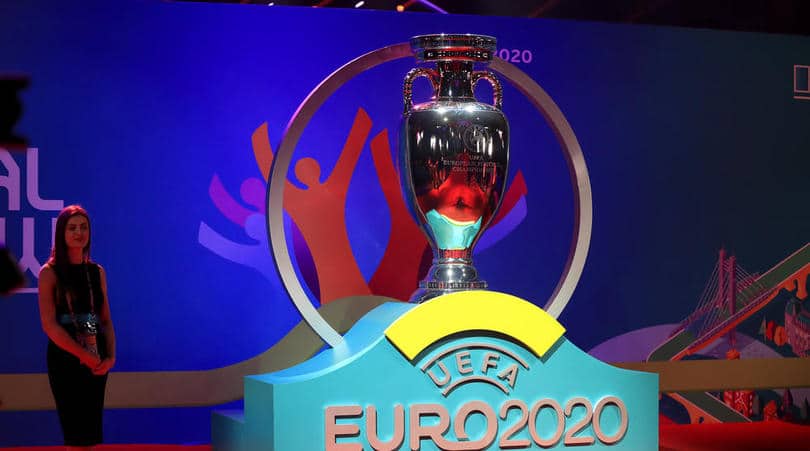The Euro 2020 playoff ties featuring Northern Ireland, the Republic of Ireland and Scotland have been indefinitely postponed because of the coronavirus pandemic.
The semi-final and final ties were pushed back until June but the matches have been delayed indefinitely as Uefa announced all of its competitions, including the Champions League and Europa League, have been postponed.
Here we answer some of the questions surrounding the situation.
When was Euro 2020 supposed to be taking place?
The 32-team European Championship was due to be take place between 12 June and 12 July in countries all across the continent. Matches were due to be played in London, Baku, Munich, Rome, Saint Petersburg, Amsterdam, Bilbao, Bucharest, Budapest, Copenhagen, Dublin and Glasgow.
Why has Euro 2020 been postponed?
Given the current situation in Europe, with many countries in lockdown, Uefa says ‘the health of all those involved in the games is the priority as well as to avoid placing any unnecessary pressure on national public services involved in staging matches’. Putting the tournament back 12 months also allows time for the 2019-20 domestic competitions across Europe, and this season’s Champions League and Europa League, to be completed.
When will Euro 2020 be played now?
The tournament, played in the same format, will now be staged in 2021 from 11 June to 11 July.
Will the Uefa Women’s Euro 2021 be postponed as well?
The women’s European Championship was due to be held in England in the summer of 2021, starting four days before the men’s final will now take place. It looks entirely possible that it could be moved to the summer of 2022, but Uefa says a final decision will be taken on this and all of its other competitions in due course, including the Nations League, U21 European Championships, the Champions League and Europa League.
Why have the playoffs been indefinitely postponed?
The playoffs determine the final four participants at Euro 2020, but the devastating impact of the coronavirus pandemic is still worsening on many parts of the continent.
What happens next?
A ‘working group’ was set up last month by Uefa to help leagues across Europe come up with practical solutions to help them finish their domestic campaign. However, while it is understood the national associations were presented with a variety of options for the resumption of domestic league action during a video conference, no decision was made because it remains very difficult to predict how long the disruption will last. In the event that the resumption of domestic football is severely delayed, it is thought it would take precedence over European competition.





